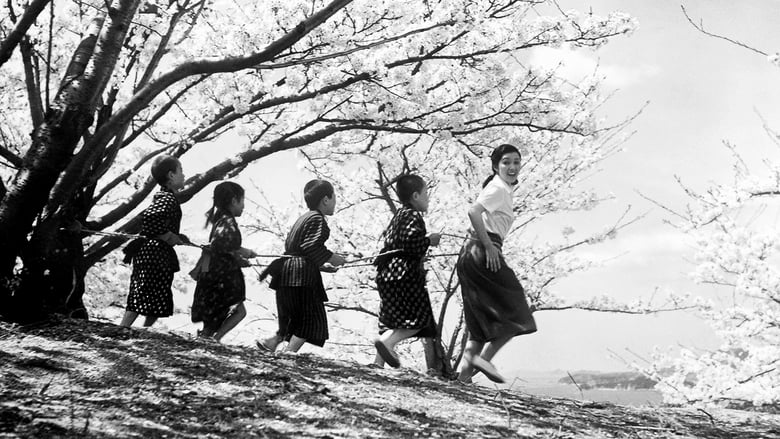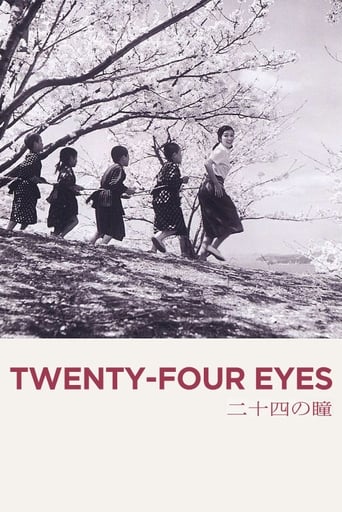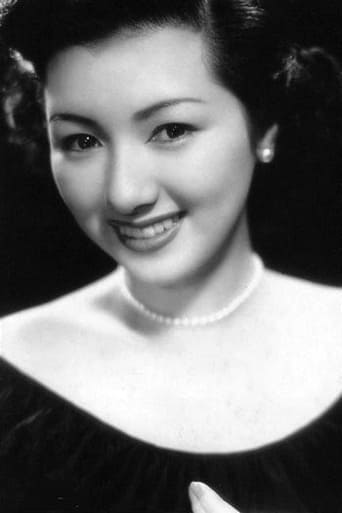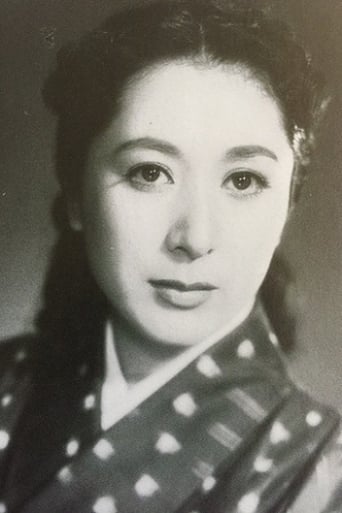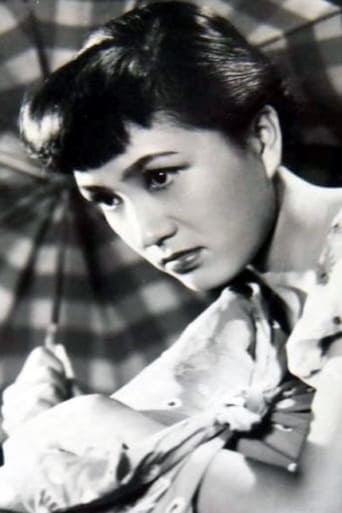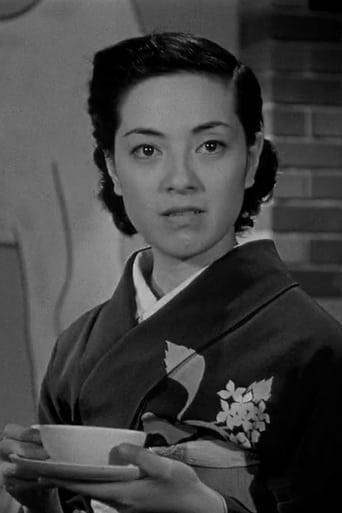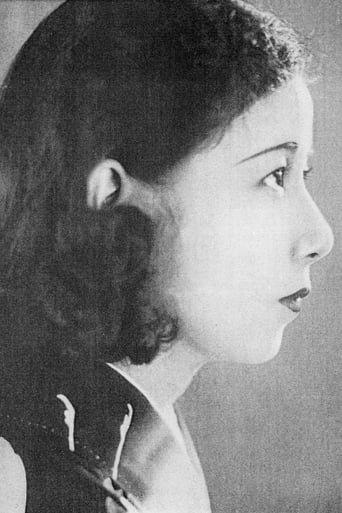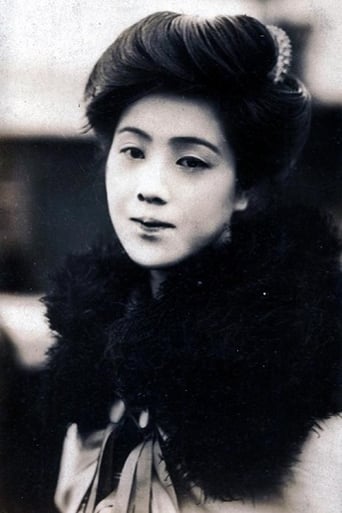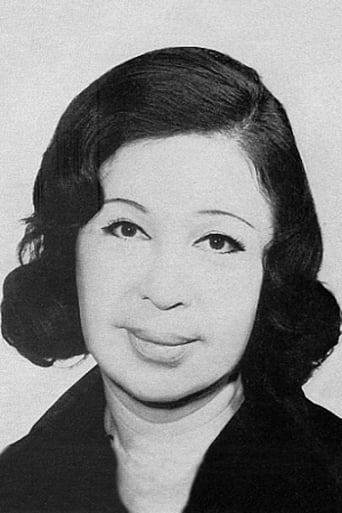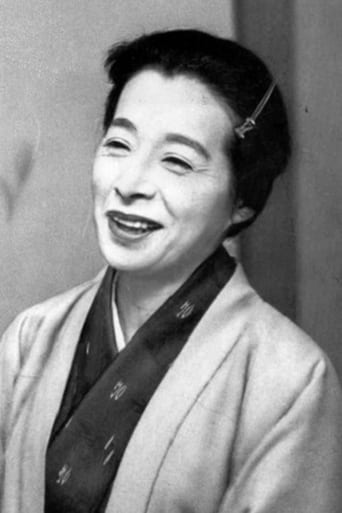In 1928, schoolteacher Hisako Oishi takes a post on the island of Shodoshima teaching a group of twelve first grade students. In the following years, they face poverty, the rise of nationalism, and finally war.
Similar titles
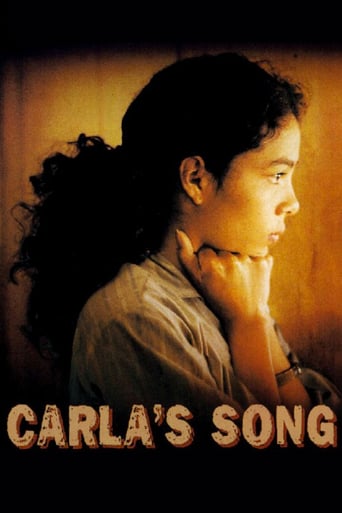
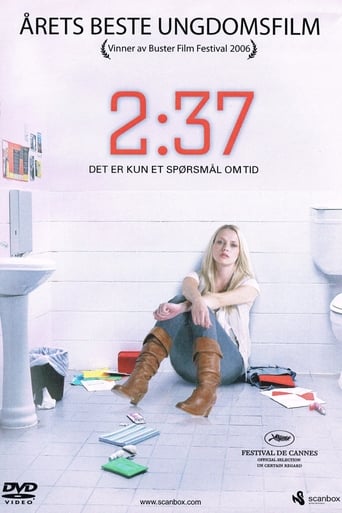



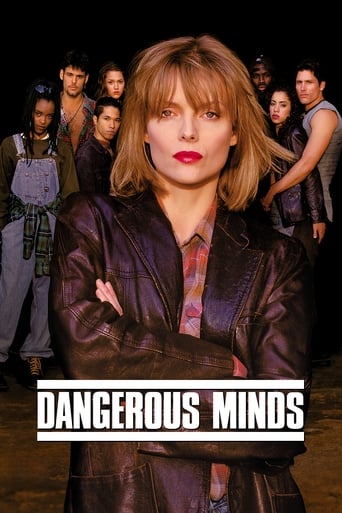
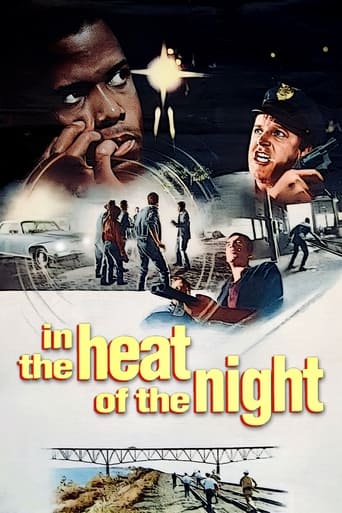
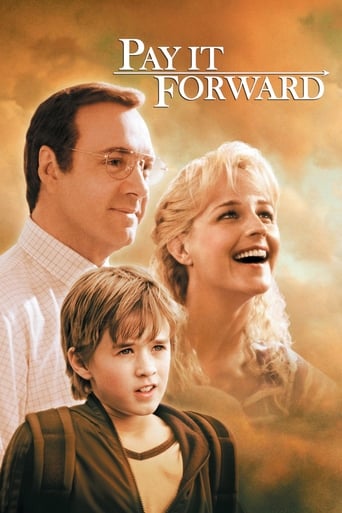


You May Also Like



Reviews
Very very predictable, including the post credit scene !!!
Very best movie i ever watch
Pretty Good
Far from Perfect, Far from Terrible
TWENTY FOUR EYES directed by Keisuke Kinoshita & starring the well known Hideko Takamine of Carmen Comes Home & When a Woman Ascends the Stairs. The story is told through the lives of Oishi played by Takamine, a teacher extraordinarily devoted to the lives of 12 of her students from the 1920's in Japan through post-war Japan & her twelve students. She has a spirit that is quiet, gentle & devoted to life which did not play well through Japan's war with China & WWII. The pace of the movie matches her spirit perfectly as she faces the trials of her students growing up & facing the highly charged conversion of her profession & country to a modern war glorifying country.The movie was made in 1954 & faced political obstacles as you may well imagine. When a Woman Ascends the Stairs made in 1960 is a really good companion piece to this since both portray a Japanese woman's troubles facing her country's societal pressure in totally different manners. Even though the ending is as you would expect, it is powerful & moving. 4.5 out of 5 stars for this one from Kinoshita.If you are a fan of the rapid cuts used in movies today you'll never finish this one but if you love deeply detailed story lines & a fully developed character played by a sterling actress this is one for you. Since you may be wondering, I rate When a Woman Ascends the Stairs about .1 higher than Twenty Four Eyes but really there is little to choose from here. WAWATS is a bit faster paced & deals with a darker lifestyle. My personal preferences lean that way.
An unusual film about nurturing individuality.Miss Oishi (Hideko Takamine) is a natural-born educator who looks for what's unique in each of her students. They have never met anyone quite like this cheerful, Western-dressing, bike-riding lady who asks what's important and really listens to the answer. This film takes place on and around picturesque Shodoshima, an island in Japan's Inland Sea. We follow this inspired human being in the years before Japan's defeat in WWII and shortly afterward.Ms. Takamine is wonderful in the lead -- psychologically attuned to everyone she meets and not defensive, which is surprising given the place and time. ("Fine by me," she says when called a coward. "I don't need people's praise.")Lulled often by an instrumental version of "Auld Lang Syne," we come to see how poverty, conventional mores, and nationalism harshly limit kids' horizons. We ache along with Miss Oishi as we watch children who have talent and dreams quit school to cook for their families, become fishermen or soldiers, or, as perhaps is implied, sell their bodies.The film proceeds at a slow pace, with many scenes of children singing in groups (i.e., "The vast cloud of our hopes has finally taken shape"). It's common to observe one character weeping upon hearing the words of another.I noticed a couple of disconnects in this otherwise compelling tale. As perceptive as Miss Oishi is, she seems to have chosen a husband who doesn't really get her. When she speaks of quitting teaching, he assumes it's because she's tired of kids -- though it's really, she notes, because "we're not allowed to establish any real bond." Odder, given the location and time frame of the film, no mention is made of Hiroshima -- though the atomized city would have been practically right next door!Even so, "Twenty-four" is well worth seeing for its reminder that people aren't just faces in a crowd. I have a book whose definition of morality goes along the lines of "never forgetting that the person with whom you are interacting is another human being." This film beautifully fine-tunes that critically important message.
First film I watch from Japanese director Keisuke Kinoshita and I'm definitely glad I decided to do so, as this film has resulted in a really staggering, completely beautiful experience. However, it might become heavy going at times, on account of its running time which almost draws near to three hours. Nevertheless, there are plenty of gorgeous scenes brimming with both happiness and sadness that will undoubtedly evoke emotions in you, whether liking the film or not. Moreover, if you are accustomed to black and white Japanese films, I don't think you will find any obstacles in order to fully appreciate it.It all takes place in a sparsely populated, small island called Shodoshima, where in order to continue their studies, the children had to make a long walk to school. In one of those rather large walks, they come across their former teacher (she had just quit teaching) who tells them to treat the new teacher well. Then the new teacher (Isokichi Okada) arrives, impressing everyone on her way to school with her suit and bicycle, both of which were highly innovative in those times. From there on, both the teacher and the children would forge an unbreakable bond that would last for many years. As the plot slowly unravels, the teacher will gradually get into many of her students' lives as they grow up, and the problems they will tend to encounter in their way, which might prevent them from keeping on studying. There were as well the persistent thoughts of war; later in the film, when some of the male students were in sixth grade, they would think of getting drafted into the army to serve their country.The acting is superb, there's absolutely nothing to reproach it. Every single person delivers an amazingly credible acting, they really resemble real people. The camera-work is nothing short of praiseworthy, whit static cameras and angles reminiscent of those of Ozu's, allowing a much better appreciation of the already astonishing film. I for one loved the scene when they go on a trip and travel by ferry. One of the female students would stand up and sing beautifully a song, while the rest remained seated. She would do the same at the end of the film, which brings back many memories of the old days.This film is, without no doubt, the best student-teacher movie I've seen, and it will more than likely remain the best. Do not hesitate to get this one if you even have the remotest desire to watch it. If it did not get a perfect rating from me, that would be because of some scenes I consider somewhat unnecessary to the plot. However, the film is still a masterpiece.Beware of the abundant emotional content, it might bring you to tears.My score: 9.5/10
"Nijûshi No Hitomi" is an interesting film in that you initially think it's just a heart-warming story about a school teacher but it actually is a tale chronicling the rise of militarism and destruction of a generation. And, in the process, it draws you into the characters' lives and makes you appreciate the great loss--these were decent people.This story begins in a country village in Japan in 1928. A young female teacher is beginning her first assignment and she has trouble with some of the locals not accepting her. They see her as a 'city girl' and despite connecting with the kids, has a hard time being accepted by the parents. The war in China and WWII are still years ahead. The twenty-four eyes in the story refers to the 12 adorable students in her charge--and the film follows them through the 1930s and into the 40s.In many ways, the film is very slow and sweet as their lives unfold, but there is also a strong undercurrent of melancholy for losses that occur throughout the years as well as upcoming losses. This is heightened by the songs chosen throughout the film--all very, very sentimental. Heck, the entire film just drips sentiment. Now this is not a criticism--the film tries from start to finish to pull at your heart.A change slowly occurs through the course of the film. As the Japanese militarism is on the rise, there is also a strong push for the teachers to teach only approved content--content that encourages patriotism and self-sacrifice--turning the children into 'good' little children who want to go off to war. Anyone not espousing this view in the classroom is labeled a 'Red' and the teacher is finding it harder and harder to teach in such an environment. It's also tough because she really can't speak her mind or encourage her male students to lives outside the military. As a result, she decides to quit her job and raise a family of her own. In this, the film really does a good job. Instead of just saying that militarism is evil and destructive, you slowly see the students grow...and then die in a war of aggression. And, you then see the teacher's own kids as they, too, are infected with this view of the world.By the time the movie is complete, Japan has been defeated, the teacher has lost her husband to the war and many of her students from long ago are dead as well. The teacher is just thrilled that all the killing is over and that they can return to normal--something they haven't seen for many years. but, unfortunately, the sad times are not completely behind them. However, now things have come full circle, as the teacher can now finally return back to work--and she has many students who are the children of her original class back in 1928. Later, after class, seeing her wander through the graveyard looking at all the familiar names is quite touching.Overall, this is a very melancholy but beautiful movie. Despite being extremely long and slow, it's not over-long and manages to capture the viewer--pulling them into this sad time. Through very deliberate pacing, exceptional acting and very, very, very sentimental music, the film makes its point so well. When this debuted in Japan, the theaters must have been filled with sobbing patrons.By the way, for another great Japanese film about the waste of WWII, try watching "Fires On The Plain" ("Nobi"). It's very, very different from this film--but exceptional nevertheless.
Top Streaming Movies











